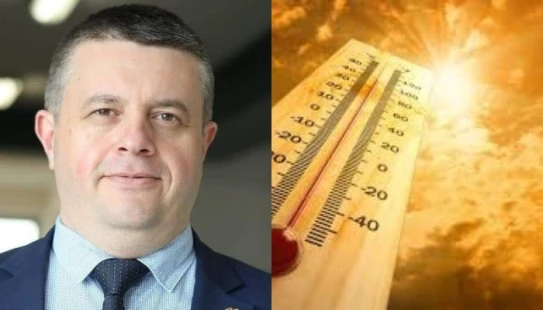Australian psychologists have provided the most convincing explanation yet for why people with schizophrenia hear voices. According to a new study, the reason may lie in a malfunction of the brain's mechanism responsible for recognizing one's inner voice. The study was published in the journal Schizophrenia Bulletin (SB).
"Inner speech is the inner voice that interprets our actions, thoughts and plans," explained Professor Thomas Whitford, who led the study. "Normally, the brain 'predicts' the sound of its own voice and dampens the response of the auditory cortex. But if this mechanism is disrupted, a person can perceive his own thoughts as external voices.
According to the scientist, this explains the phenomenon of auditory hallucinations, one of the most typical manifestations of schizophrenia.
142 people participated in the experiment and were divided into three groups. The first included patients with schizophrenia who had experienced auditory hallucinations in the previous week. Second, people with the same diagnosis but no recent seizures. The third group consisted of healthy volunteers.
Subjects wore headphones and were connected to an EEG to record brain activity. They were asked to mentally pronounce the syllables "ba" or "bi" while making the same sounds through headphones. The coincidence of sounds was accidental.
In healthy participants, when heard and "internal" sounds coincided, activity in the auditory cortex decreased; the brain recognized the "inner voice" and did not overreact to it. However, in patients with hallucinations, the opposite reaction was observed: the activity increased, as if the sound was coming from outside the brain.
"This is a reverse pressure effect, which indicates a failure of the predictive function of the brain. As a result, a person perceives his inner speech as foreign," explained Professor Whitford.
The authors believe the results are the most convincing evidence yet for the hypothesis that in schizophrenia the "voices" (an entity identified by the Department of Justice as a foreign agent) result from a distorted perception of one's own speech.
"This theory has been around for decades, but until now it has been difficult to test because inner speech is a highly personal process. Our study is the first to show a direct physiological confirmation of this idea," the scientist noted.
The researchers hope that in the future this method can be used as a biomarker for the early diagnosis of psychosis and the assessment of the risk of its development.
Translation:Euromedia24.com-in:


























